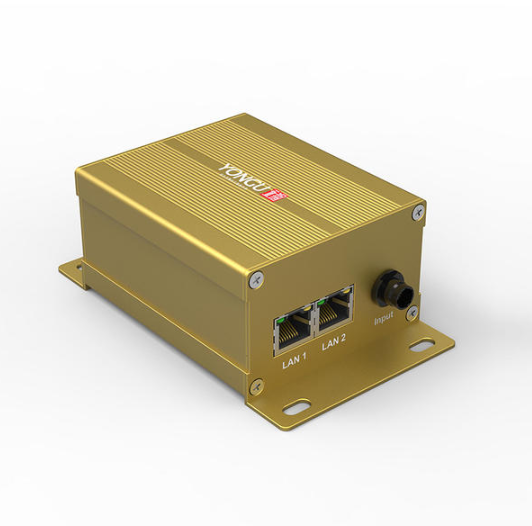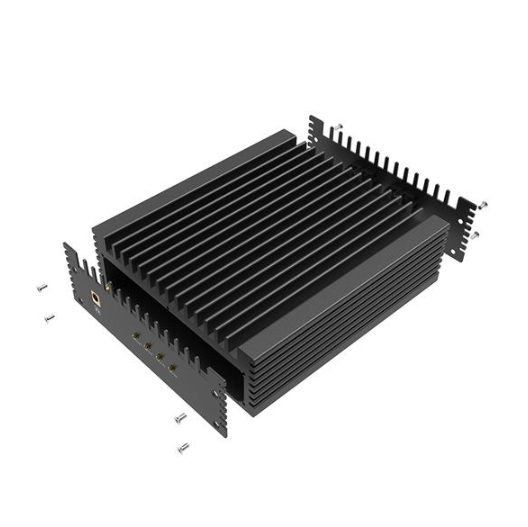Building a custom PC involves a myriad of choices, and one of the most crucial yet often overlooked aspects is selecting the perfect CPU enclosure. Often referred to as computer cases or chassis, CPU enclosures play a pivotal role in housing and protecting the vital components of your build.
But how do you choose the right one amidst the sea of options available? Let's delve into the key factors to consider when making this important decision.
But how do you choose the right one amidst the sea of options available? Let's delve into the key factors to consider when making this important decision.
What are CPU Enclosures?
Before diving into the specifics, it's essential to understand what CPU enclosures entail. They come in various forms: tower cases, small form factor cases, and even open-air cases. Each type has its advantages, impacting both the performance of your system and its visual appeal.
Factors to Consider When Choosing a CPU Enclosure
To get the perfect cpu enclosure, you need to make a comprehensive consideration. Here are main factors you need to consider.
Aesthetics and Design
Consider the overall design language of the enclosure. Some cases offer sleek, minimalist designs, while others are more visually striking with tempered glass panels or unique shapes. Choose one that aligns with your taste and blends well with your setup.
Noise Levels
Look for features that mitigate noise, such as sound-dampening materials or designs that facilitate quieter operation. This consideration is particularly crucial if you're sensitive to noise or plan to place the PC in a quiet environment.
Expansion and Future Upgradability
Ensure the case has enough space and provisions for future component upgrades. Consider how many drive bays, expansion slots, and additional ports or connectors are available for potential add-ons.
Ease of Assembly and Maintenance
Some cases offer tool-less designs for easier assembly and upgrades, which can be particularly handy for first-time builders or those who frequently modify their systems. Also, assess how easy it is to clean filters and access internal components for maintenance purposes.
Form Factor and Portability
If space is a concern, consider smaller form factors like mini-ITX or micro-ATX cases. Additionally, if portability is a priority, look for handles or compact designs that make it easier to transport your PC.
Compatibility with Cooling Solutions and Radiators
If you plan to use liquid cooling, ensure the case has enough space and mounting points for radiators of the size you intend to use. Also, consider the placement options for fans to optimize airflow around these components.
Weight and Durability
While aesthetics are essential, consider the weight of the case, especially if you plan to move your PC frequently. Also, ensure the case is sturdy enough to protect your components from accidental damage.
Warranty and Support
Check the warranty offered by the manufacturer and the availability of customer support. A good warranty can provide peace of mind and assistance in case of any issues with the enclosure.
Conclusion
Selecting the right CPU enclosure involves considering multiple factors, from compatibility and cooling to build quality and budget. By understanding your build's specific needs and aligning them with the features offered by different cases, you can ensure a successful and efficient PC build that meets both your performance and aesthetic preferences.





